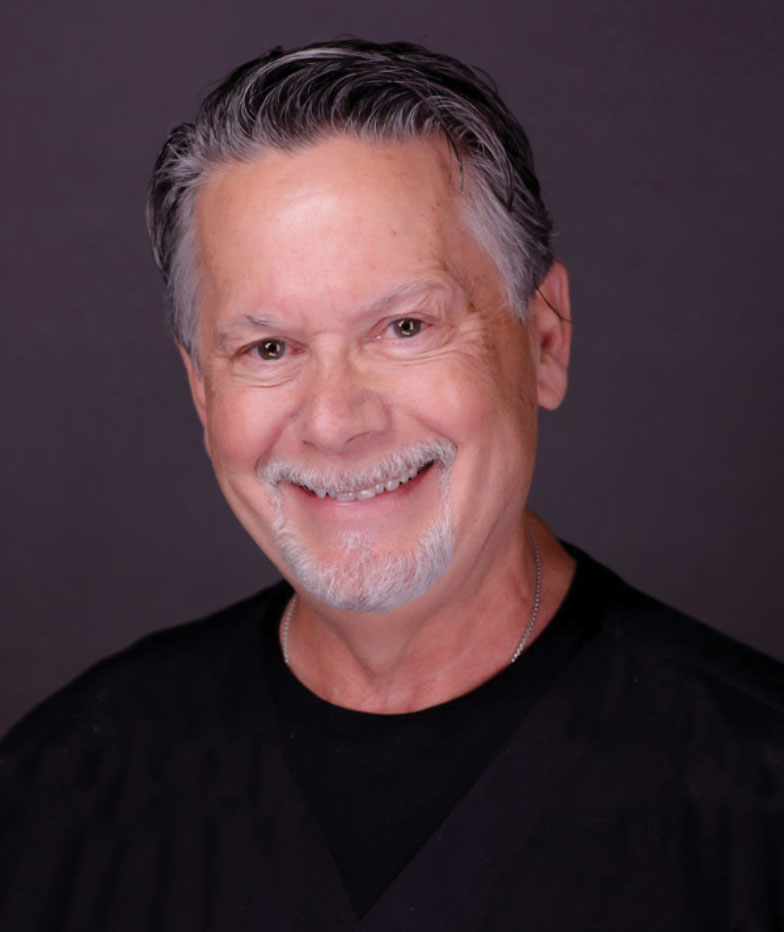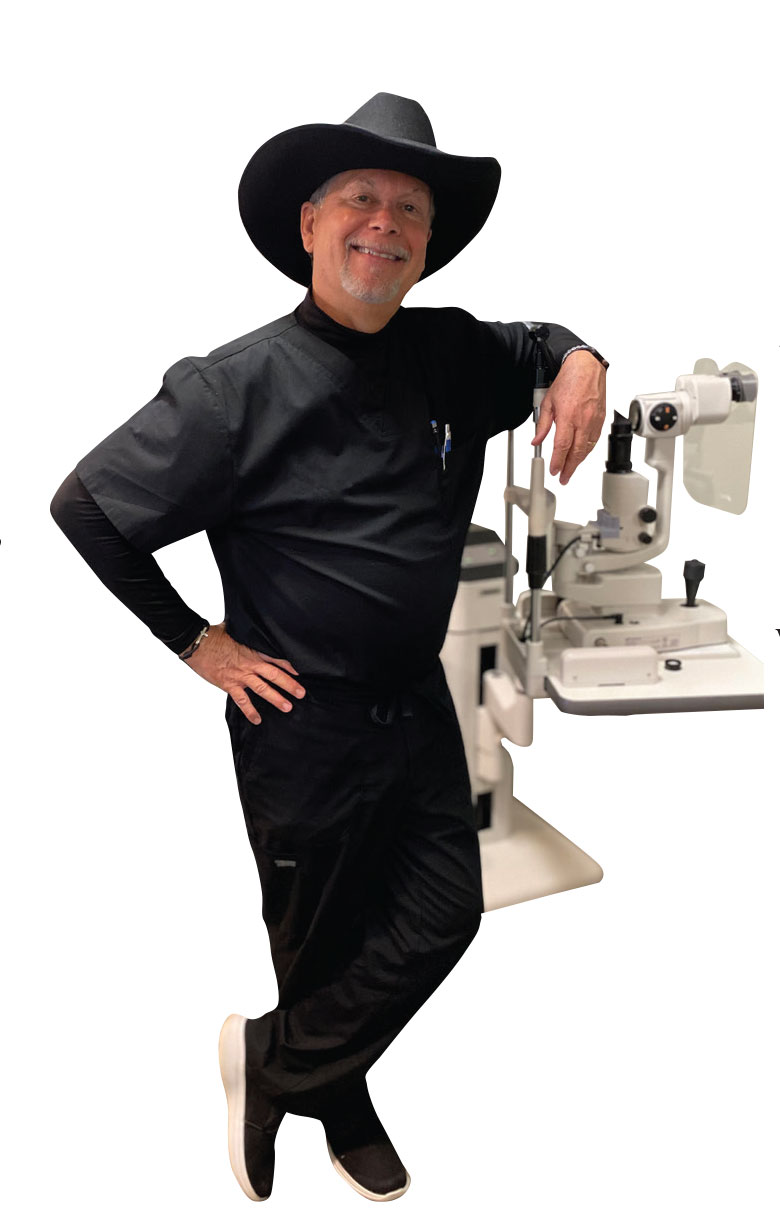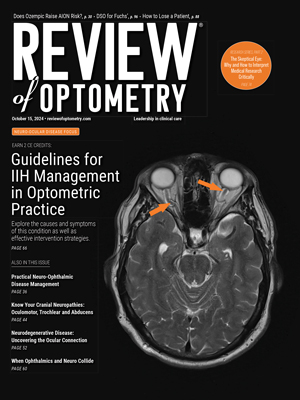 |
There are a few things you should be doing to better set yourself up for success. For starters, let’s get your schedule under control. As if…
Back in the day, which I can officially say at my age, all was right with the world of eye care. We did what we did, the patient ordered new glasses every year or so and then they wrote a check for what they owed us. We recalled the patient for their yearly exam, and most of the time the cycle started again.
Then along came practice consultants. Now, I really don’t have a grudge against them. I love many, if not all, of them. I attended every lecture at every meeting and sat in the front row for giants like Harriet Stein, Richard Kattouf, Neil Gailmard, Gary Gerber and too many others to name here. I always tried to glean at least one new idea at each lecture, and that helped me become a success, no doubt.
One idea that came up over and over again was the concept of preappointing. I would dare to guess that nearly 100% of private practice optometrists have applied this concept one way or another into their practice. It works. It keeps your book full over time.
To keep the math easy (for me), let’s say you schedule 10 comprehensive examinations each day. You then preappoint these 10 patients. For the sake of argument, let’s say that three people actually keep their preappointment. Now, you only have seven slots left to fill. The next year, typically the same three will be faithful and show up because they are used to the idea. Maybe two more from the other seven will decide to keep their planned appointment, so now you only have five slots to fill. And so on…
That’s all well and good, but not all of them will need or want new glasses unless there is a notable change, which happens less often as the patient ages. And, unless you can fit in more patients per day, there becomes fewer spots for new patients and patients who have seen a change or broken their glasses, etc.
If you are a solo practitioner, or maybe have a partner in the same boat, your net income per patient can slowly drop. At that point, doctors often start to doubt the efficacy of preappointing.
 |
Now, bear with me. This may not be a typically funny Chairside, but it is important. With today’s software, you can track which patients need to see you every single year due to eye health concerns, rapid changes in prescription, contact lens refill needs and so forth. These patients should be preappointed yearly, or even more often. But does a family of five emmetropes with no health concerns need to see you yearly? I don’t think so.
There is nothing unethical about determining the best recommended appointment frequency for each patient. Makes sense for them. They have other things to do. Makes sense for your practice, too. Staying in business requires that you use your time wisely.
What if a patient wants to use their yearly exam benefit? No problem. They’ll call you and you can work them in, but it’s perfectly OK not to blow up your day with five emmetropes.
There is an argument that preappointing leads to more no-shows. Doctors who wisely preappoint do not find that to be the rule, just the exception. Yes, you may lose a couple patients from time to time, but if you listen to those practice consultants and preappoint properly, that will not be a major concern.
Quit apologizing for being a business owner or you may not have a business to own someday. My grandmother told me when I was around nine years old that if I read the Bible from front to back I would automatically go to Heaven someday. I’m not sure that’s how it works, but that year I read it through three times just in case. I can tell you with some assurance that there is nowhere in the Bible that says you have to see healthy, visually stable patients every single year. Not the best use of your talents, and that is in the Bible. Look it up!
Dr. Vickers received his optometry degree from the Pennsylvania College of Optometry in 1979 and was clinical director at Vision Associates in St. Albans, WV, for 36 years. He is now in private practice in Dallas, where he continues to practice full-scope optometry. He has no financial interests to disclose.

